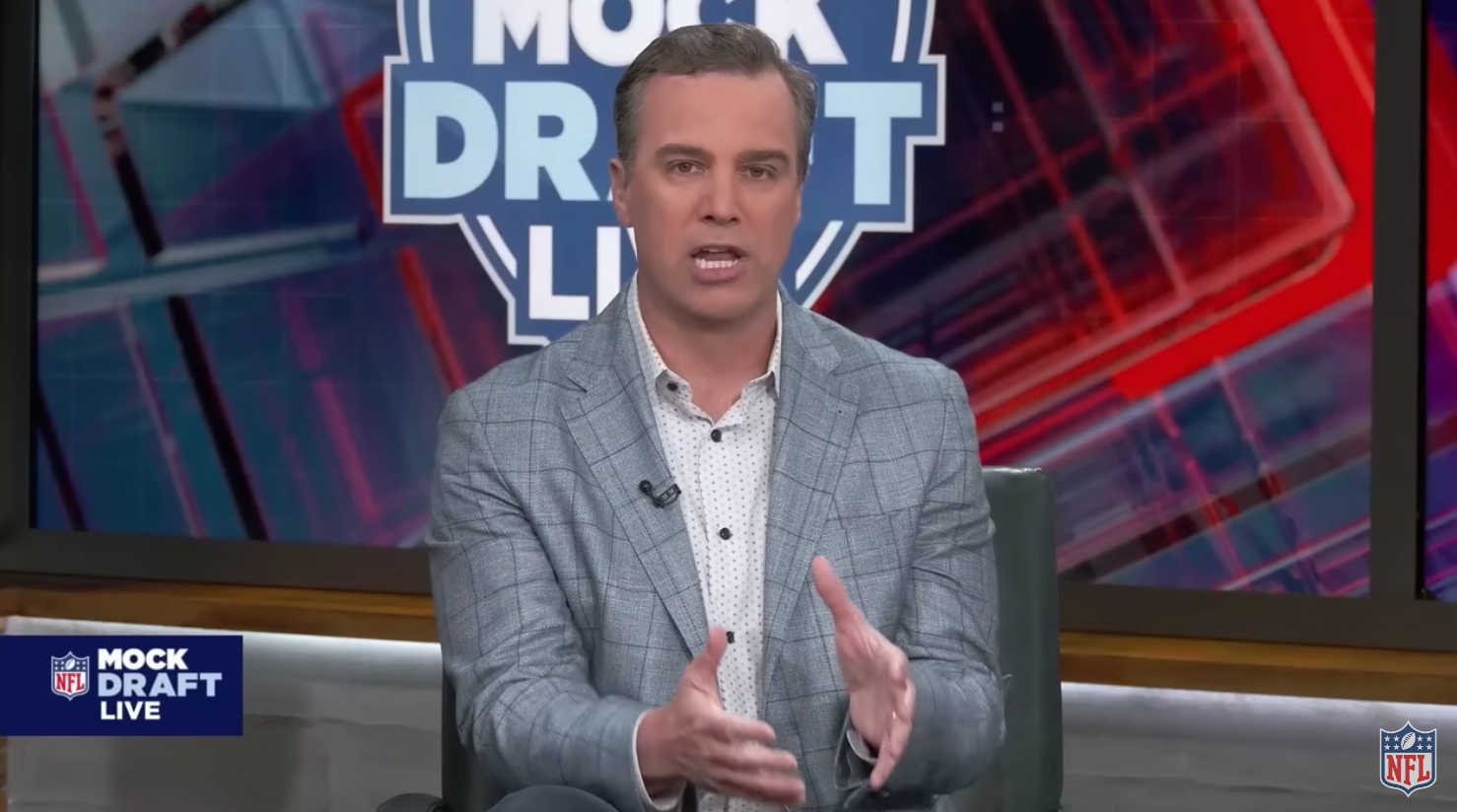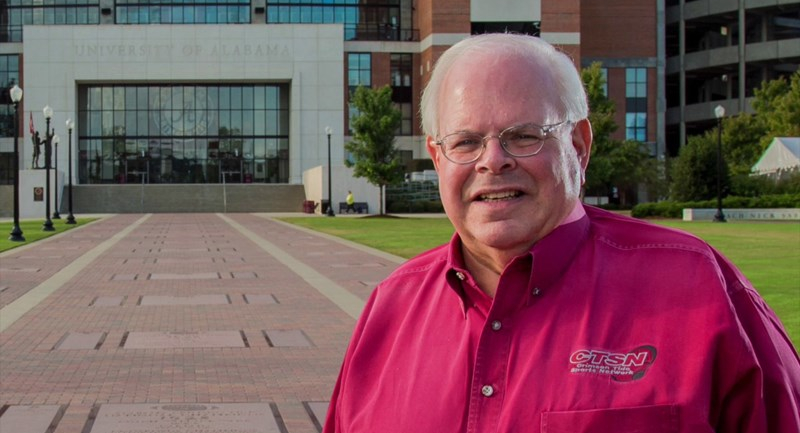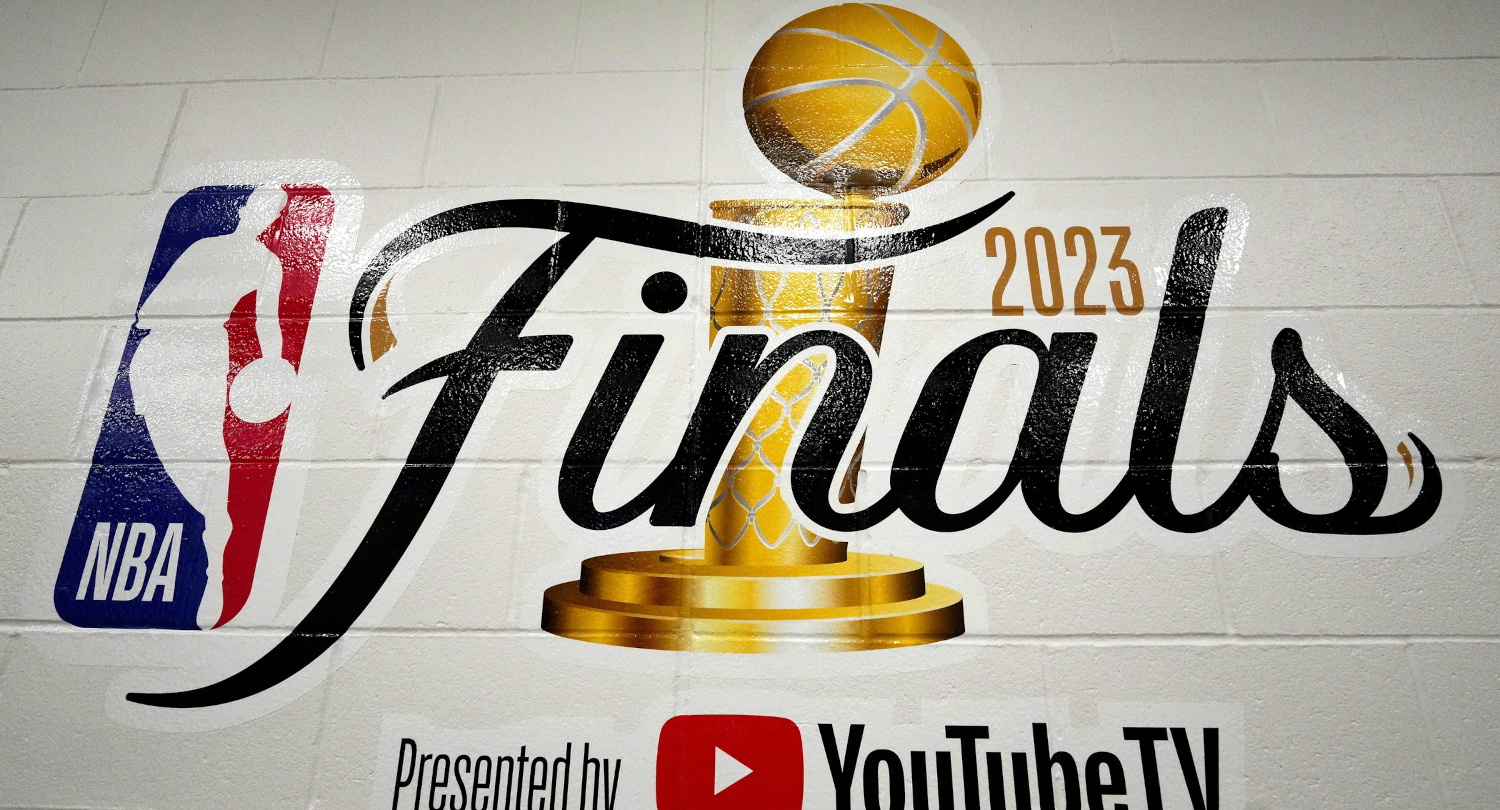From your perspective, what partnerships and combinations have worked so far in the tournament. And I know it’s like asking who your favorite child is, but which of your on-air talent have stood out to you during the World Cup?
Rosenfeld: It’s going to be a tough Thanksgiving when I have to say why one guy was my favorite! As a fan, if I put my coordinating producer hat away, I have really enjoyed Jon Champion and Stewart Robson. I did not have as much exposure to Jon’s work as some of the others. I have thoroughly enjoyed as a fan listening to Jon and Stewart call the matches. They’ve had some exciting ones and there’s a quality to Jon’s call I have really enjoyed.
A real pleasant surprise was Daniel Mann. To see him in person, you’d never know that voice could come out of that body. He’s a young man, very unassuming. I really enjoyed his call and thought Mann with Keller was a really good combination.
There have been days where I’ve been like “Derek really nailed that” or “I really like how Adrian brought Alejandro in with that point.” I’ve been pleased with the overall quality, I hope that’s been well received by the public. It really is an embarrassment of riches.
Jon Champion has been terrific (along with Stewart Robson) and before the tournament I really thought he might be the breakout announcer of this year’s edition like Ian Darke was in 2010. In the studio, Roberto Martinez and Ruud Van Nistelrooy have been a really enjoyable combination as well.
Rosenfeld: It really is fascinating because when we’re preparing tactical analysis on the touch screen, the viewer experiences Ruud’s true fascination with learning more about coaching as he enters a new phase of his career. It’s great to be this voyeur into Ruud probing Roberto’s brain for soccer tactics and we’re the beneficiary. It’s really cool. I have learned more about the sport than I could have ever imagined. It’s really very rewarding to have this diverse group that we’ve assembled and it’s come to fruition that a lot of different viewpoints and nationalities were represented. We always knew we were covering the World Cup and not just the US so I hope that’s come through.
How does your gameplan change for covering the tournament now that the USA has been eliminated for the overall coverage?
Rosenfeld: The hope is that you give the viewer a little bit of the Americans every day, but then once they were eliminated there wasn’t a lot of high-level meetings to say “now what do we do?” We had always prepared that this was about covering all of it. Now the time is just reallocated to new areas of focus, be it Costa Rica or any of the other great stories remaining. Where we might have had 2 minutes to talk about the stars of Colombia and what it means, now we can open it up and have 4 minutes. Just like you would adjust as a manager during the match, that’s our outlook on this tournament. If you go in too locked in to certain stories, you aren’t serving the viewer.
One thing I was looking for this year is what you would have up your sleeve to improve coverage from South Africa and what new wrinkles there would be. World Cup Tonight and the Last Call set has certainly been that element and it’s drawn rave reviews from us and elsewhere. How did the Last Call idea come about and is it something that can be replicated elsewhere?
Rosenfeld: The idea came from our executive producer Jed Drake. The great thing about South Africa was after we went off the air everyone went back to the Hyatt in Johannesburg and the conversation just continued. It was a real testament to the fact our commentators liked each other. They would all go to this lounge in the Hyatt and sit around and talk. What people would give to be part of the 9th floor of the Hyatt and listen in on this conversation.
By popular demand the pix I took on air as @AlexiLalas wears the #lastcall hat on WorldCup tonight. Midnight @espn2 pic.twitter.com/OqGNBwmMl1
— MikeTirico (@miketirico) June 16, 2014
In 2010 where we had a 30 minute show we’ve been able to expand that into 60 or 90 minute shows and create this arena in the last half hour to be the Hyatt. I think it’s really worked. Will that continue at ESPN and in other sports? It’s really important when something resonates with the viewer to make sure you continue that programming and production. It’s not an earth-shattering idea to let people talk. With all the technology and bells and whistles, the fact that there’s a set with a bunch of furniture is a little “back to the future.” It allows the viewer to exhale and have an extended conversation. Everything is so instant gratification, sometimes it’s just nice to be part of a conversation. I’m glad that people have really liked the idea.
Is there anything you would still like to improve with the coverage over the course of the next week in the lead-up to the Final and the conclusion of the tournament?
Rosenfeld: We want to make sure we accurately and successfully document what the experience is like for Brazilians and what it means to have a World Cup in Brazil. As we get to the tip of the arrow in this tournament, what happens with Brazil and what does it mean? What’s the legacy of this World Cup? A World Cup in Brazil is what everybody wants, so what does it really mean? If they’re out, how is that reflected here in the country?
The second part of that is that we make sure to have the continual analysis that the true soccer fan wants. We want to be inclusive in the coverage and ratings have shown there is an audience beyond the core soccer group. Can we still stay true to ourselves and what we’ve done with soccer at ESPN and make sure we are constantly feeding the appetite of the soccer fan? The spectacle of the event is bring along a bigger audience that will hopefully realize what a great sport soccer is and continue to watch. But I think our commitment is to satisfying fans like my father, who has been to every World Cup since ’78, to make sure we are constantly stimulating the appreciation of the sport for those fans. We have to make sure we continue to strongly speak to the soccer audience and hopefully through the beauty of the game we can bring along a bigger audience to grow the sport.








Comments are closed.